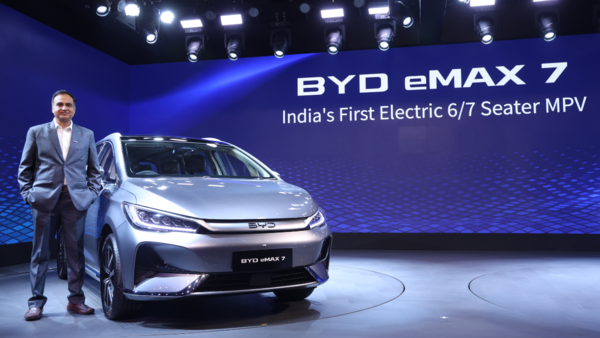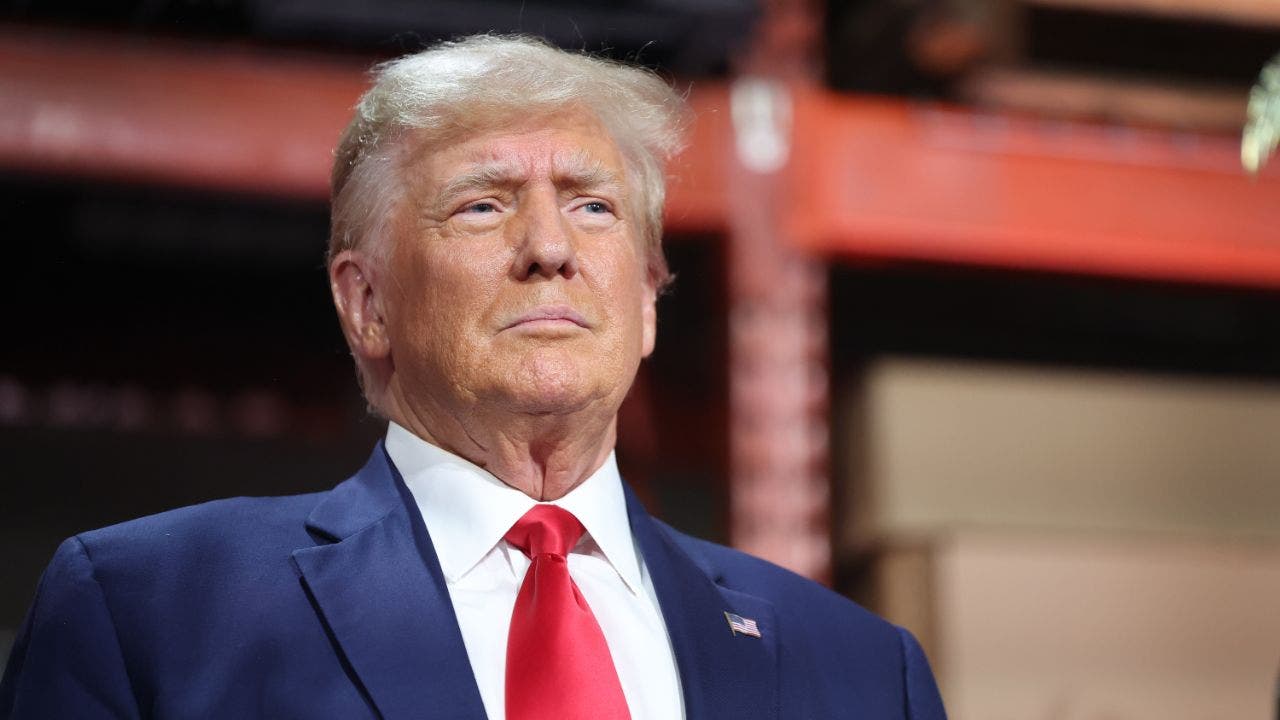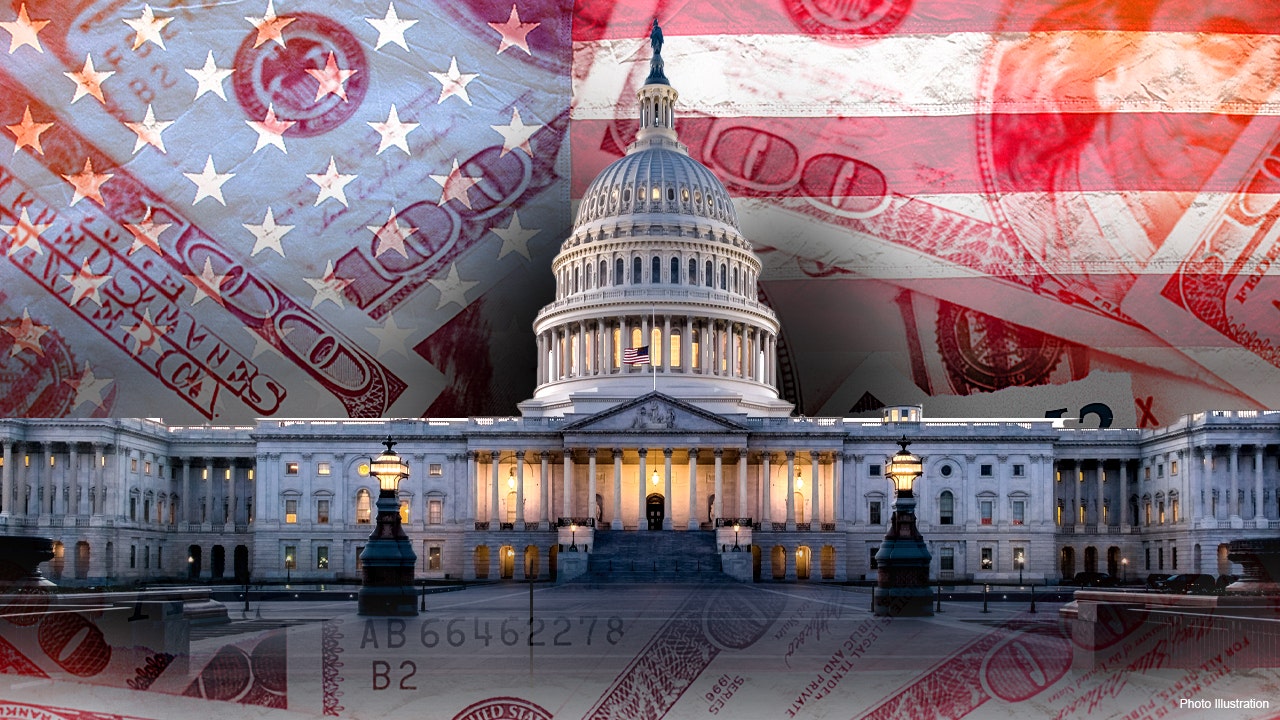NEW DELHI: A year after its plan to invest $1 billion investment proposal was rejected by govt, BYD on Tuesday said it will depend on an “import-only strategy” and refrain from setting up a car factory in India under the new EV policy.
While sources insist that BYD is in talks with some Indian corporate houses to forge an alliance like MG’s parent SAIC did with JSW Group, BYD refuses to confirm any such development.
BYD currently imports three models from China, and is looking to sell 3,500 units this year, a 40% increase over the 2,500 it sold last year, the Indian arm’s head of EV and passenger vehicle business Rajeev Chauhan, said after the world’s largest electric car company drove in its multipurpose vehicle eMAX 7, priced between Rs 26.9 lakh and Rs 29.9 lakh (ex-showroom).
“We did study (the new EV policy) internally, and then we had a good discussion at our headquarters as well. But there are a lot of strings which are not clear in that and a lot of things on which we would not be able to fulfil those commitments or those requirements. So, we are very clear internally that we will not go for it,” Chauhan told TOI,

However, he added that the company keeps its “eyes and ears open”, as it looks at working out expansion strategies.
In the intervening period, imports will be the preferred route, although the cars will attract hefty customs duty. “In the short term, we feel we are alright. There is enough work that we have to do in terms of exposing our customers to the technology that BYD possesses. Even with these numbers, we feel that we will be able to make our brand popular. When the time comes (for investments), when the situation is available, yes, why not? We would come out in the front and declare by ourselves.”
Asked whether the addition of import duty means that the vehicles are priced out of the market, Chauhan said that a strong supply chain helps BYD tackle such challenges. “Of course, these are expensive. Had they been manufactured here, they would be much cheaper. But then, even with that kind of price structure, with the support of BYD, and its overall strategy on the value chain and the supply chain, we are able to price them at the right place,” he said.







